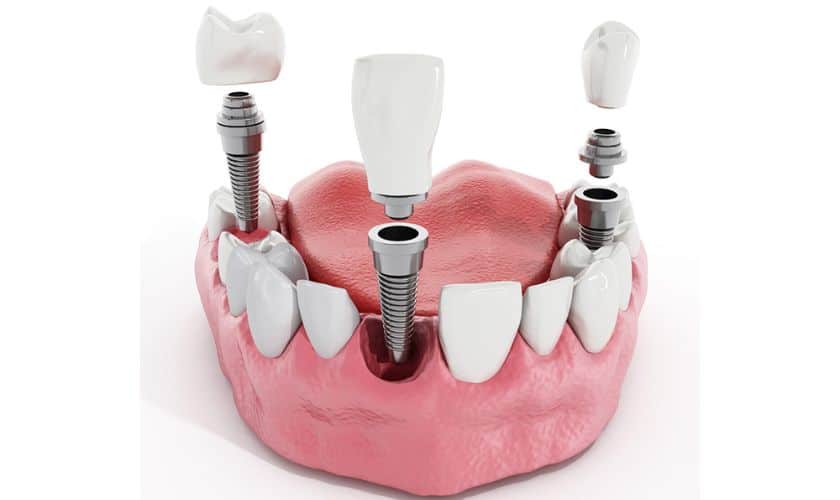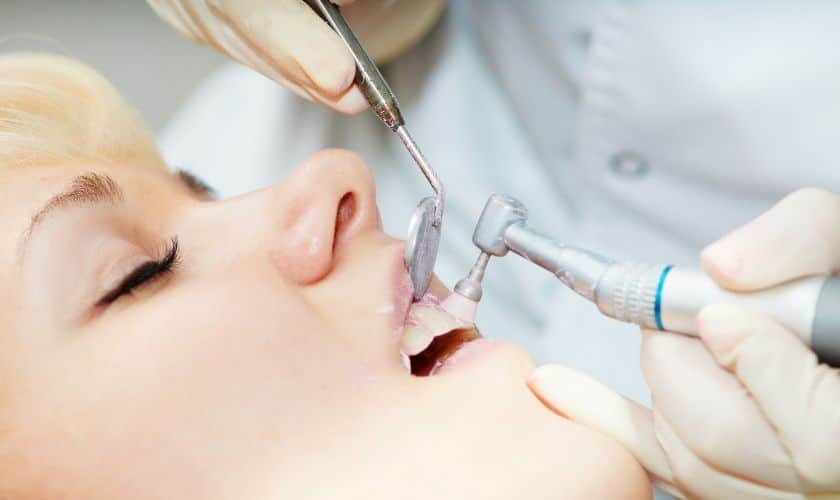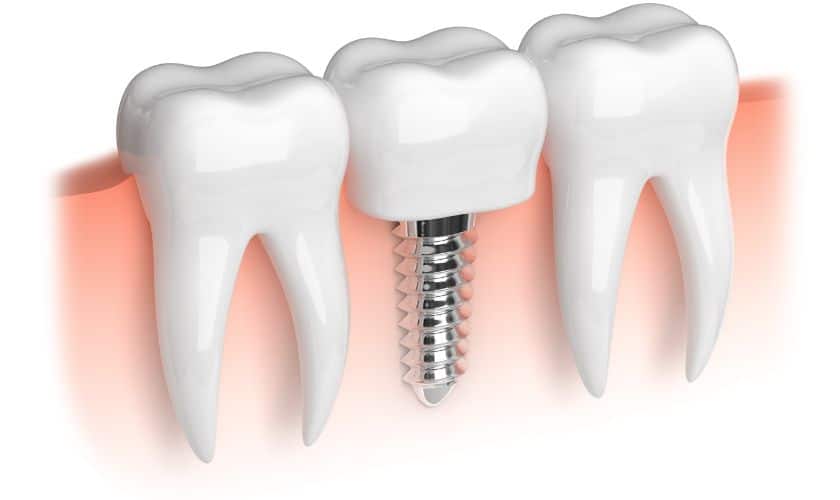Visit Diamond Lakes Dental Today Or Call 501-623-7113
How to Care for Your Dental Implant: Essential Tips for Long-Term Success

Dental implants are a popular and effective solution for replacing missing teeth, offering a permanent and natural-looking restoration. Proper care and maintenance are crucial for ensuring the longevity and success of your dental implant. In this comprehensive guide, we’ll explore essential tips for taking care of your dental implant, helping you maintain a healthy smile and optimal oral health.
Understanding Dental Implants
Dental implants are titanium posts surgically inserted into the jawbone to serve as artificial tooth roots. Once the implant integrates with the surrounding bone tissue, a prosthetic crown, bridge, or denture is attached to restore the appearance and functionality of the missing tooth or teeth. Dental implants offer numerous benefits, including improved chewing ability, speech, and aesthetics.
Tips for Caring for Your Dental Implant
- Practice Good Oral Hygiene:
- Brush your teeth and implant crown at least twice a day with a soft-bristled toothbrush and non-abrasive toothpaste.
- Floss daily to remove plaque and debris from around the implant and adjacent teeth, using a floss threader or interdental brush if necessary.
- Use Proper Dental Products:
- Avoid abrasive toothpaste and harsh dental products that can scratch the surface of the implant crown or abutment.
- Use fluoride toothpaste and a low-abrasive dental floss recommended by your dentist to clean around the implant restoration.
- Attend Regular Dental Check-ups:
- Schedule routine dental examinations and professional cleanings with your dentist every six months or as recommended.
- Your dentist will monitor the health of your implant, assess the surrounding gum tissue, and address any concerns or issues promptly.
- Avoid Hard Foods and Habits:
- Refrain from chewing on hard objects such as ice, pens, or hard candies, as this can damage the implant crown or abutment.
- Avoid habits like teeth grinding (bruxism) that can exert excessive force on the implant and surrounding teeth, leading to complications.
- Be Mindful of Oral Health Conditions:
- Inform your dentist if you experience any signs of gum disease, such as redness, swelling, bleeding, or recession around the implant site.
- Untreated gum disease can jeopardize the stability of the implant and compromise its long-term success.
- Quit Smoking:
- Smoking can impair the healing process and increase the risk of implant failure by restricting blood flow to the gums and bone tissue.
- If you smoke, consider quitting or reducing your tobacco use to improve the chances of implant success and overall oral health.
- Maintain Overall Health and Well-being:
- Follow a balanced diet rich in nutrients, vitamins, and minerals to support oral health and promote healing after implant surgery.
- Manage systemic health conditions such as diabetes, which can affect the body’s ability to heal and increase the risk of implant complications.
Conclusion
Proper care and maintenance are essential for ensuring the success and longevity of your dental implant. By following these essential tips and guidelines, provided by a trusted dentist, you can protect your investment and enjoy a beautiful, functional smile for years to come. If you have any questions or concerns about caring for your dental implant, don’t hesitate to consult with your dental provider for personalized advice and recommendations tailored to your needs.




